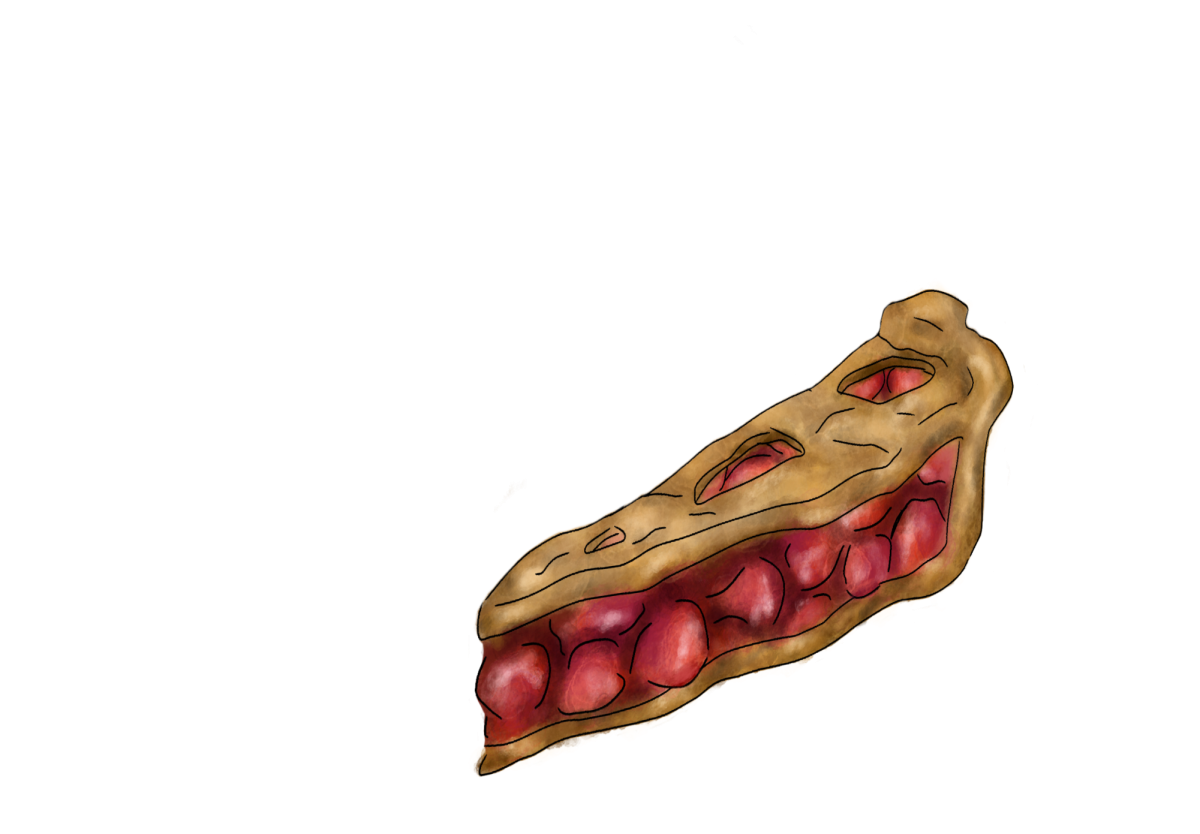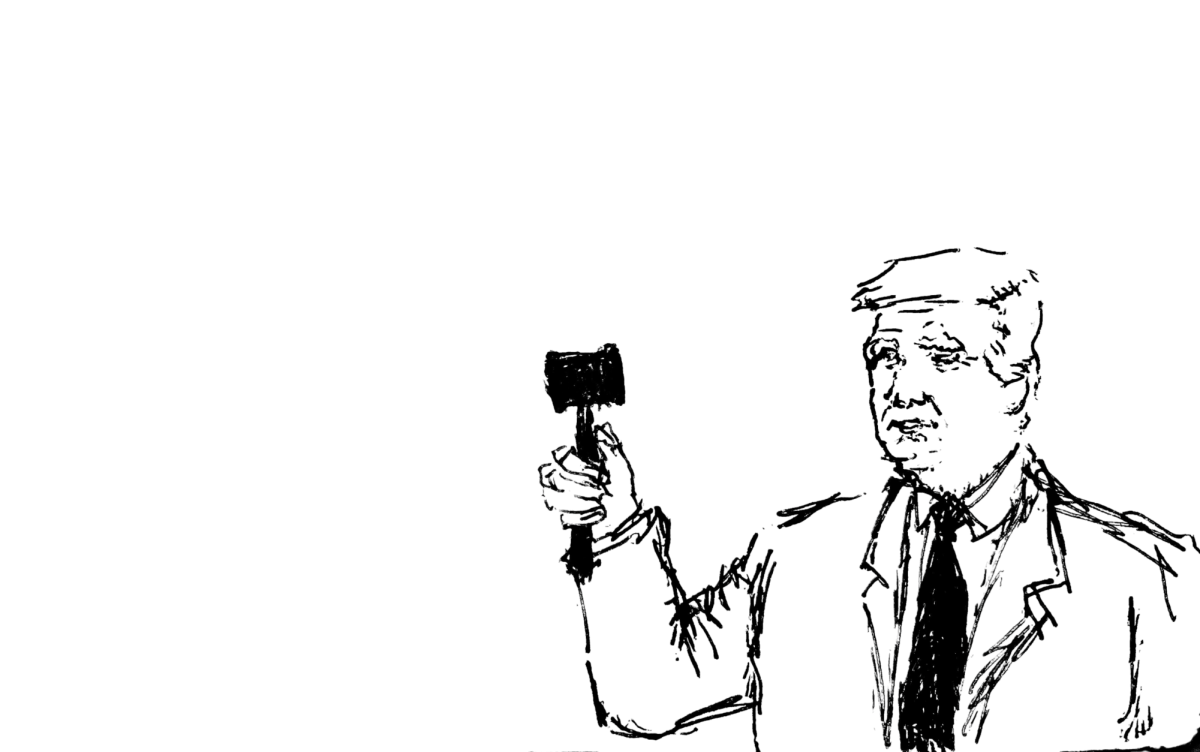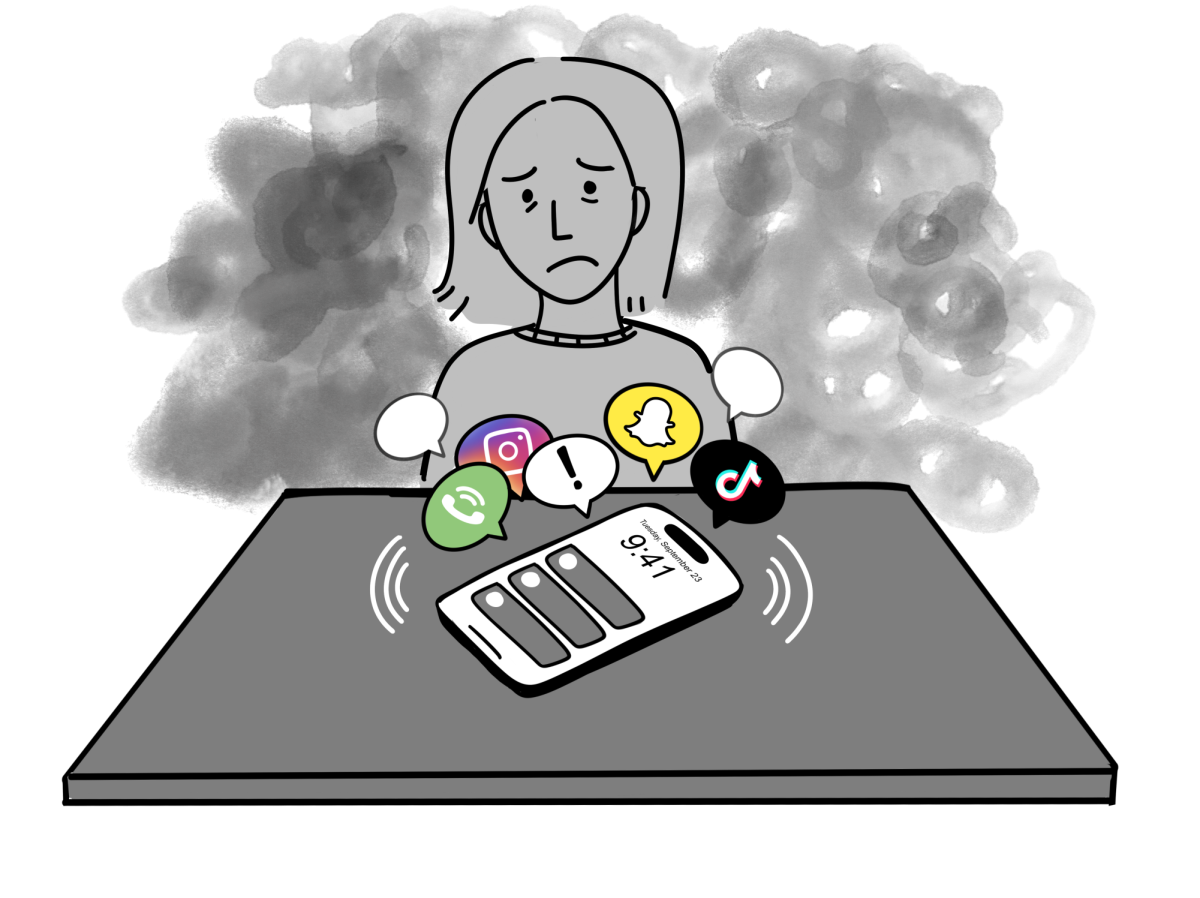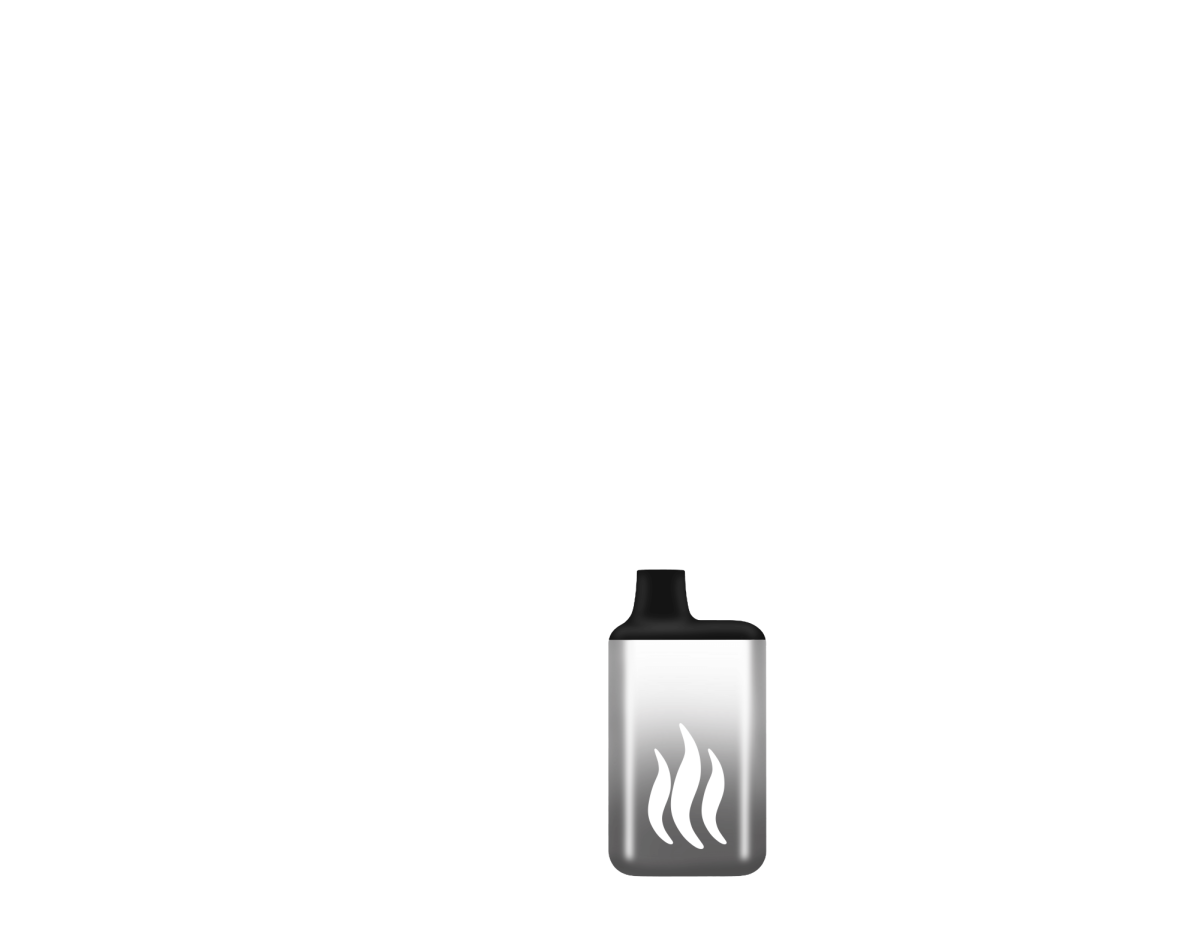Scandals are not rarities. It seems that every other week a celebrity winds up with their likeness plastered on one of the trashy magazines your parents pass on the way to check out groceries, their plastic faces admonished by scathing allegations. And your parents won’t give those headlines a second thought. We’ve learned to separate the artist from the art. Our guilty pleasure can’t hurt. Right?
Initially, the answer seems to be yes. It seems like the impact of one person not purchasing a concert ticket or not going to a movie can’t possibly be that big. However, we have to consider what the absence of someone doing those activities means. It means that a music or video has been streamed slightly less, which means celebrities not only lose a minuscule amount of money from streams or ad revenue, but algorithms that distribute new content are less likely to push that content to new audiences. In a world where growth for celebrities necessitates having a constantly expanding audience, silence is your secret weapon to stymieing development.
Sometimes it isn’t as much about the game one plays with the celebrity as it is the game the celebrity is playing with the industry. Every artist has a fanbase that largely doesn’t care about what they say. A fanbase that, regardless of tweets or political stance, will listen, read or watch for hours without care. The progress made through boycotting content does not and will never directly affect what an arrogant headstrong celebrity does. But the celebrity, or at least their publicist, needs to save their image in the eyes of the public for fear of retribution from the industry in the form of losses of opportunity. At a large enough scale, bad publicity is bad publicity. Maybe another artist will refuse to work with them for fear of tarnishing their own reputation. Maybe a film adaptation might not get made because the studio thinks it could flop. It isn’t about whether the controversial celebrity notices your actions, it’s about how your actions change the opinions of the people they need. The game they have to play with the industry.
It doesn’t end there. Boycotting or similar processes are beneficial for other people who feel the same. It can be a sign of solidarity to boycott or a general signal to others that this is an important topic. The size of a movement can’t be known without someone making even a small scale change and inspiring the rest of the movement. The greater the number of people who engage in a boycott is, the more effective the boycott is, and chances are if you have negative thoughts about a celebrites’ comments, thousands share those thoughts with you.
Therefore, if you really feel like any public figure is seriously wrong on an issue you or your friend cares about, don’t be disheartened by your astronomically small amount of power, because it’s not so small. You affect growth, both that of the celebrity, and of the counter movement to that celebrity. At its most basic, if you don’t like the artist, don’t consume the art.





